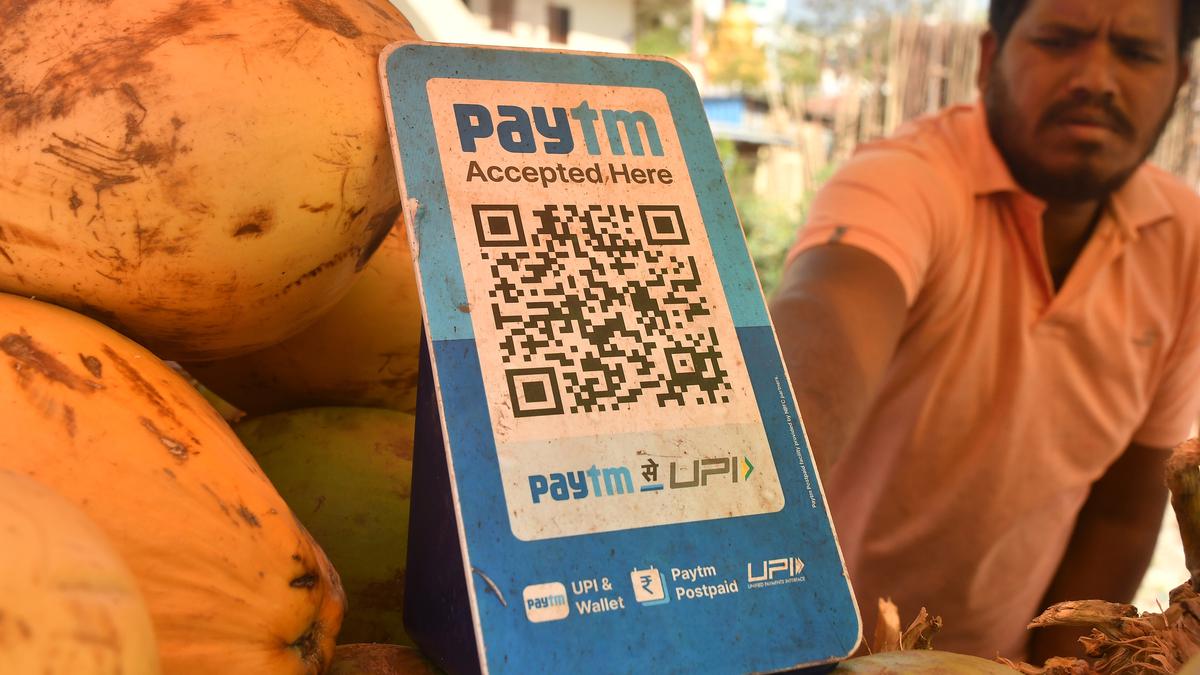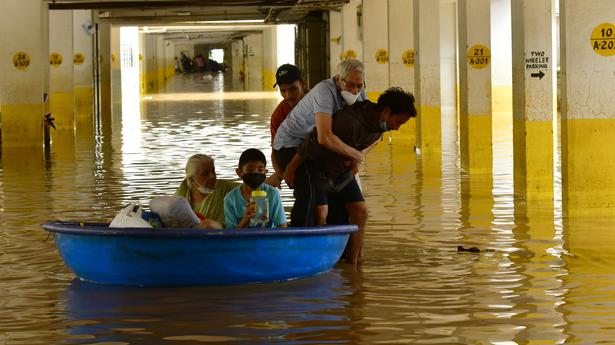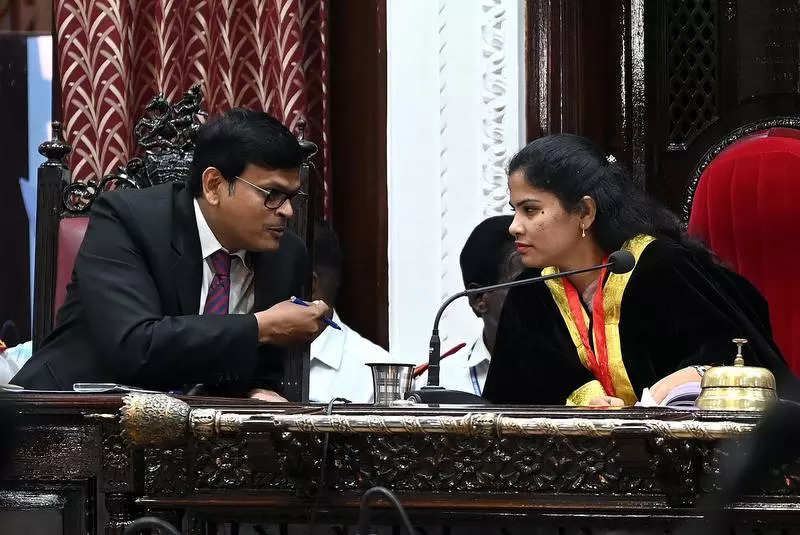On this day: Yuvraj Singh and Mohammad Kaif's rescue act helps Sourav Ganguly-led India conquer Lord's
On this day: Yuvraj Singh and Mohammad Kaif's rescue act helps Sourav Ganguly-led India conquer Lord's

Every once in a while we get to witness a sporting event that not only leaves a lasting impression on an entire generation, but sometimes becomes a turning point for the better for an individual or a team.
India is very much a powerhouse in the world of cricket right now with the side finding itself among the top three in the ICC team rankings across formats on a consistent basis, and reaching finals of ICC events more often than not. However, things weren't always rosy for an Indian cricket fan. After all, those who grew up following Team India during the 1990s would know oh so very well the heartbreaks and frustration one had to contend with from tournament to tournament, the pain somewhat soothed by a Sachin classic.
Many a cricket expert however, would point to Sourav Ganguly's captaincy as a period in Indian cricketing history that saw a marked change in the team's body language along with a refreshing new never-say-die attitude that helped them conquer many a hurdle along the way. And in this aspect, the epic victory over England in the final of the Natwest Challenge — which took place on this very day 19 years ago — stands out as one of those performances that epitomises what Ganguly's India was all about.
Having taken over the reigns of a fledgling team in the aftermath of one of the darkest chapters in Indian cricket, Ganguly's captaincy got off to a positive start as he led the team to the final of the ICC Knockout Tournament in Kenya in 2000, and masterminded one of the greatest comebacks in the history of the sport against the rampaging Australians at home in early 2001. But India had developed something of a streak of losing the finals of triangular ODI tournaments in those days, starting from the ICC Knockout event in which India lost to New Zealand in the summit clash in Nairobi.
Cut to July 2002 at the home of cricket, and India were up against hosts England after a series of solid performances in the triangular series also featuring Sri Lanka, with the 'Men in Blue' having finished on top after winning four of their six group stage games.
Nasser Hussain won the toss and opted to bat, and after a brief hiccup involving Nick Knight's dismissal for 14, set the tone for a big target by forging a 185-run stand with Marcus Trescothick — who scored 109 while the captain managed 115. The massive partnership between the two helped England cruise to the 300-run mark and the hosts could have potentially ended up with a score higher than the 325/5 they eventually managed had it not been for the three quick wickets they lost in the death overs.
A total in excess of 300 however, was considered a match-winning one in those days, and the Indian supporters at Lord's along with millions others glued in front of their TV sets would've been fearing another failed conquest in a final.
Skipper Ganguly got India off to a positive start in the company of Virender Sehwag, who had become a star by then thanks to his fearless and explosive approach with the bat. The pair shared a 106-run opening stand that gave India just the start that they needed, before their dismissals within a space of a few deliveries led to a procession — a sight all too familiar for Indian fans back then. With Sachin Tendulkar getting bowled by left-arm spinner Ashley Giles that reduced India to 146/5, it all seemed over.
Not for Yuvraj Singh and Mohammad Kaif though. The young sixth-wicket pair absorbed the pressure during their stay at the crease, and turned the tide in favour of the visitors with their 121-run stand for the sixth wicket, bringing the Indians back on their feet in the steep climb. By the time Yuvraj departed after scoring a life-saving 69 off 63 balls, laced with nine fours and a six, India had begun to believe again.
Kaif, who was in his maiden year in international cricket, would emerge as the finisher for the visitors as he rallied with India's tail after Yuvraj's dismissal off Paul Collingwood's bowling, remaining unbeaten on 87 off 75 as India crossed the finish line in a thrilling final over, winning by two wickets with three balls to spare.
The event would of course, be made all the more memorable by Ganguly's jersey-waving antics at the Lord's balcony — which in the captain's word's was his reply to Andrew Flintoff doing something similar in Mumbai's Wankhede Stadium earlier that year while pulling off a series-levelling win.
India would then go on to win their first Test on English soil in 16 years, beating the hosts by an innings and 46 runs at Headingley to level the four-match series, share the ICC Champions Trophy with Sri Lanka later that year and of course, reach the ICC World Cup final for the first time in two decades before losing to a near-invincible Aussie side.
Perhaps it was that fateful afternoon in the UK capital that led to India enjoying one of their finest runs in international cricket.



 Admin
Admin 






































